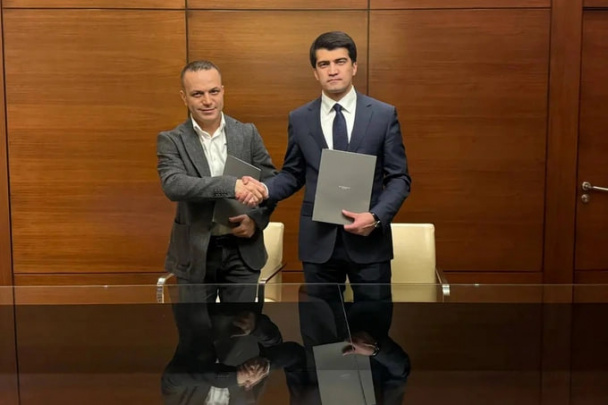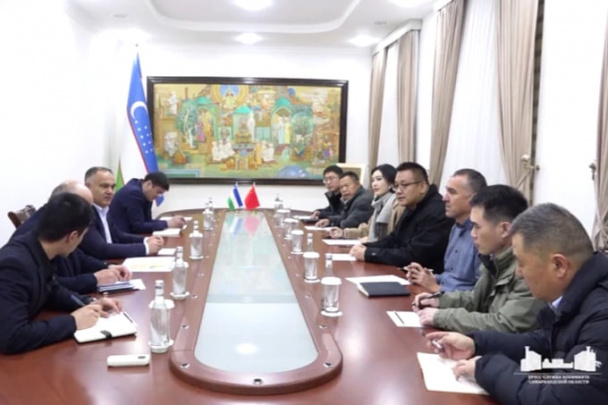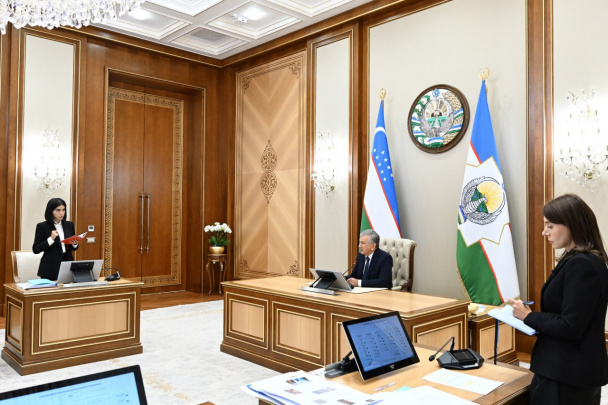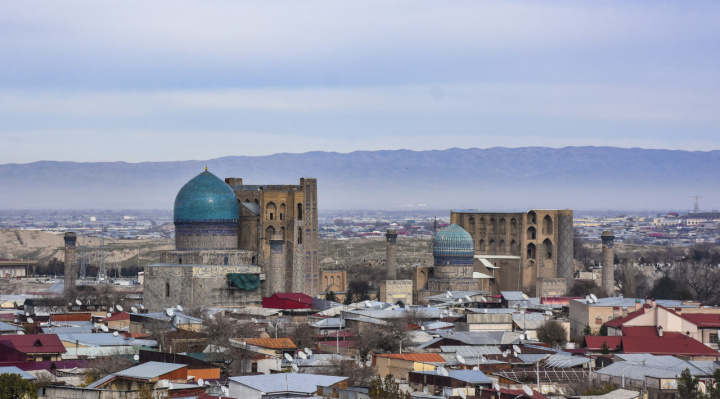Samarkand SCO summit comes to an end
The 22nd summit of the leaders of the member states of the Shanghai Cooperation Organization ended its work in Samarkand. Today, the main official events within the framework of the summit took place.
First, the leaders of the SCO member states held a roundtable discussion. Iran has not been included among these 8 leaders. As part of the summit, a memorandum on Iran’s obligations to become a member of the organization was signed. Also, the process of admitting Belarus to SCO membership has officially started.
The total number of signed documents is 44. Among them are the “roadmap” for gradually increasing the share of national currencies in mutual trade between the SCO member states, the next 5-year plan of the organization and the main document of the summit - the Samarkand Declaration.
By signing this declaration, 8 countries expressed concern about increasing instability in the modern world. They emphasized the need to increase the stability of democracy and justice in the world, and the world order should be multi-polar. The document also states that principles such as sovereignty, independence, territorial integrity, equal rights, non-interference in internal affairs, refraining from use of force and threats should be respected.
With the Samarkand declaration, SCO members once again announced that this organization is not directed at any third party. Shavkat Mirziyoyev also touched on this issue in his speech. The President said it is important to maintain the non-aligned status of the SCO with blocks. The leader of Uzbekistan put forward several proposals on the issues of economic cooperation, transport, security, Afghanistan and ecology.
After that, an extended meeting of the summit was held. In addition to the members of the state, officials with the status of observers and collaborators and honored guests also participated in it. During this meeting, the situation on the Tajik-Kyrgyz border became particularly alarming. There were short skirmishes between the borders of the two countries before the summit, but a serious armed conflict took place directly during the conference. The Kyrgyz side accused the Tajik border guards of using heavy artillery, especially single fire systems, of trying to capture several villages on the border.
The parties reached a cease-fire several times, in particular, after the summit, Kyrgyz President Sadyr Japarov and Tajik President Emomali Rahmon reached such an agreement, but even after these agreements, the situation on the border has not completely stabilized.
After the summit, not only Japarov and Rahmon, but also other leaders continued their bilateral meetings. Shavkat Mirziyoyev held talks with Turkish President Recep Tayyip Erdoğan and Indian PM Narendra Modi.
Some of the guests also went to the places of their interest during the visit. President of Iran Ebrahim Raisi went to the Shia mosque in Samarkand and delivered a speech. Pakistani PM Shehbaz Sharif visited Imam Bukhari Complex, which is being rebuilt. Emine Erdoğan, the wife of Turkish President Recep Tayyip Erdoğan, and the first lady of Uzbekistan, Ziroat Mirziyoyeva, took a walk in Samarkand.
The Samarkand summit, which was attended by the leaders of 14 countries and representatives of about 10 international organizations, ended. Next year’s summit will be held in India, which has become the SCO chairman.
PS: Ziroat Mirziyoyeva Mahmudovna (in Uzbek - Mirziyо́yeva Zirоát Maxmúdovna; born 4 December 1964 in Kokand, Fergana Region, Uzbek SSR) is a public figure, an engineer-economist, spouse of the President of the Republic of Uzbekistan, Shavkat Mirziyoyev Miromonovich.
Ziroat Mirziyoyeva was born on December 4, 1964 in the city of Kokand, Fergana region.
In 1986, she graduated from the Tashkent Institute of Irrigation and Melioration (now National Research University “Tashkent Institute of Irrigation Engineers and Agricultural Mechanization”) as an engineer-economist. She speaks Uzbek, Russian and English. She has two daughters and a son. She is fond of classical and national music and interested in history.
Since 2020 she chairs the Board of Trustees of the Zamin International Public Foundation, which carries out a number of charitable projects on social protection of vulnerable segments of the population, development of health care and education through the creation of an accessible and inclusive environment in Uzbekistan.
Environmental protection is a priority area of the Foundation’s activities. It implements projects on such issues as landscaping, automatization of air quality monitoring, rational use of natural resources, development of environmental education of youth and access to clean potable water in remote areas.
Conducts a number of activities at both national and international levels to draw greater attention to topical issues in the social and environmental spheres.
Related News

14:31 / 02.02.2026
Turkey’s MT Makina to invest $10 million in waste sorting projects in Samarkand

09:33 / 29.01.2026
Chinese company plans to invest $500M in construction of paper factory in Samarkand

16:10 / 16.01.2026
President Mirziyoyev reviews Bukhara master plan and tourism projects in Samarkand

13:58 / 13.01.2026



